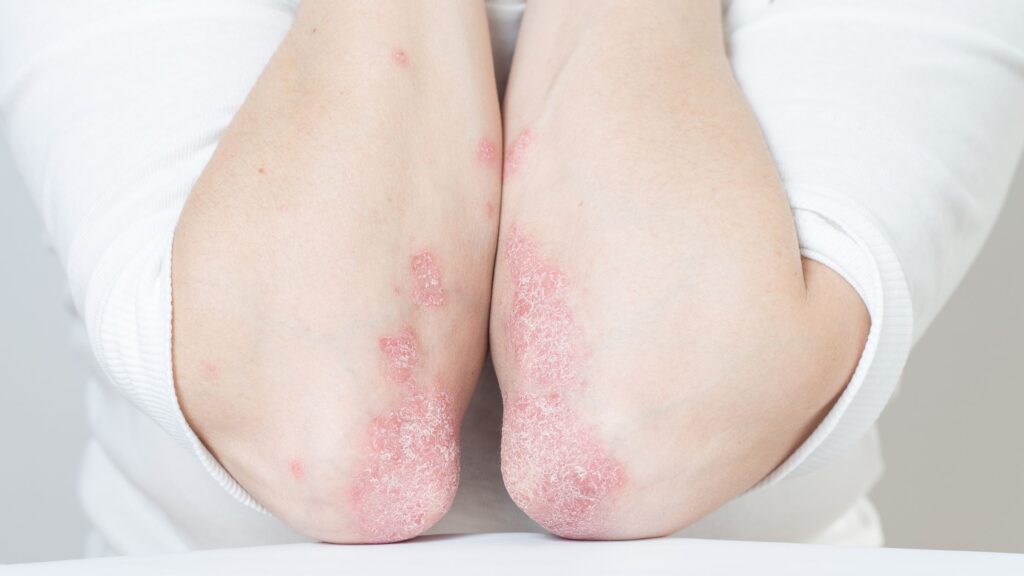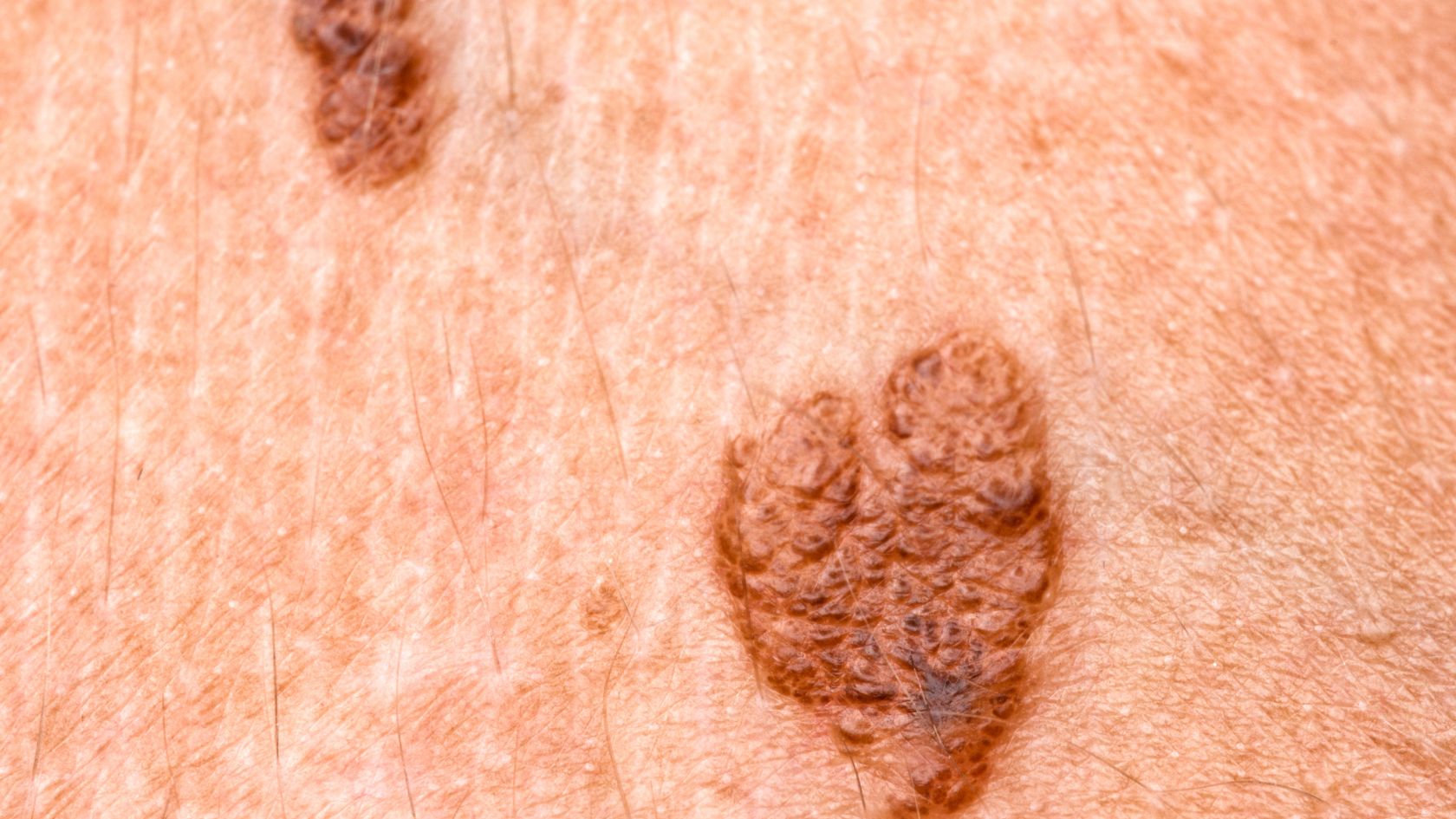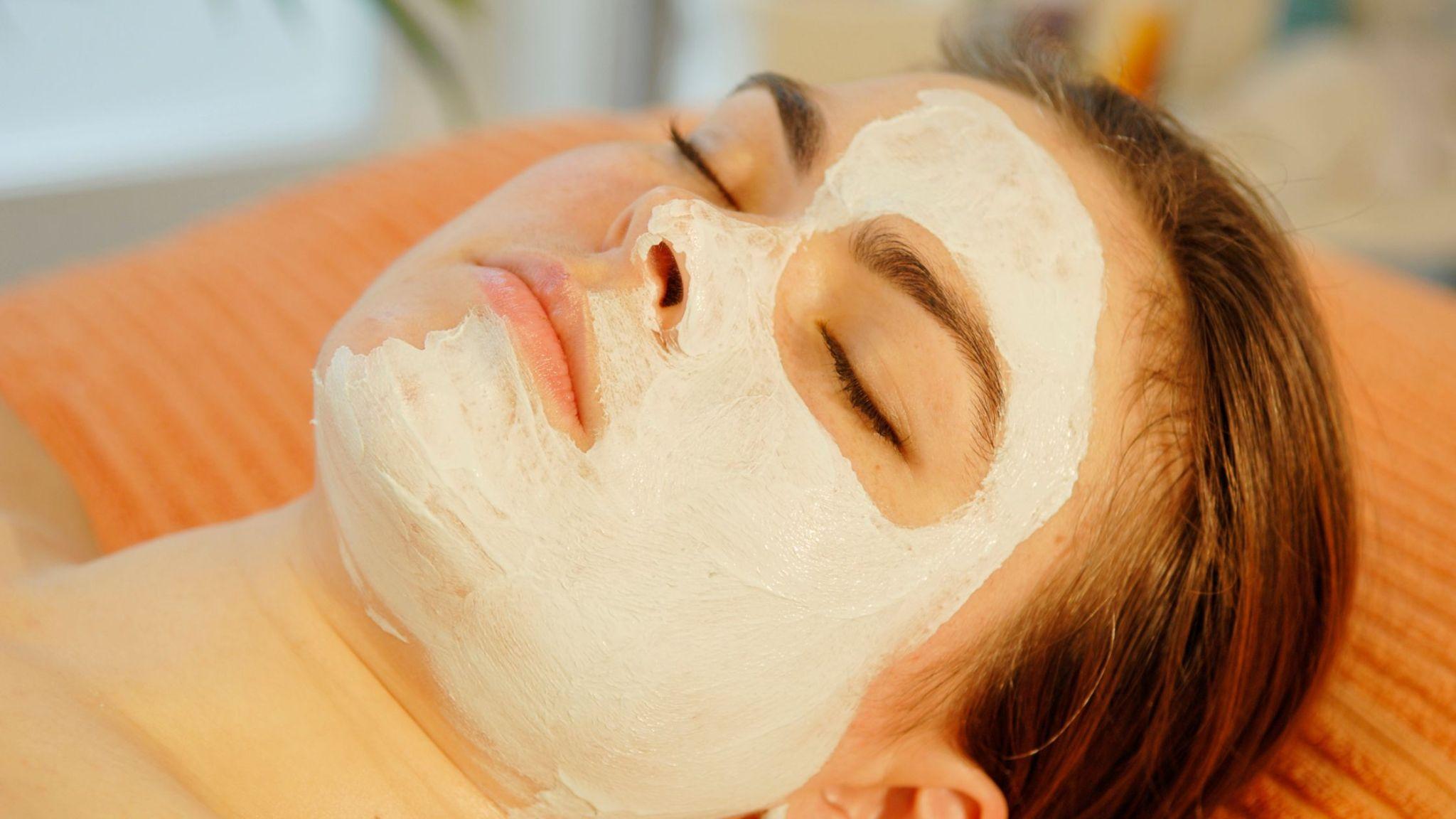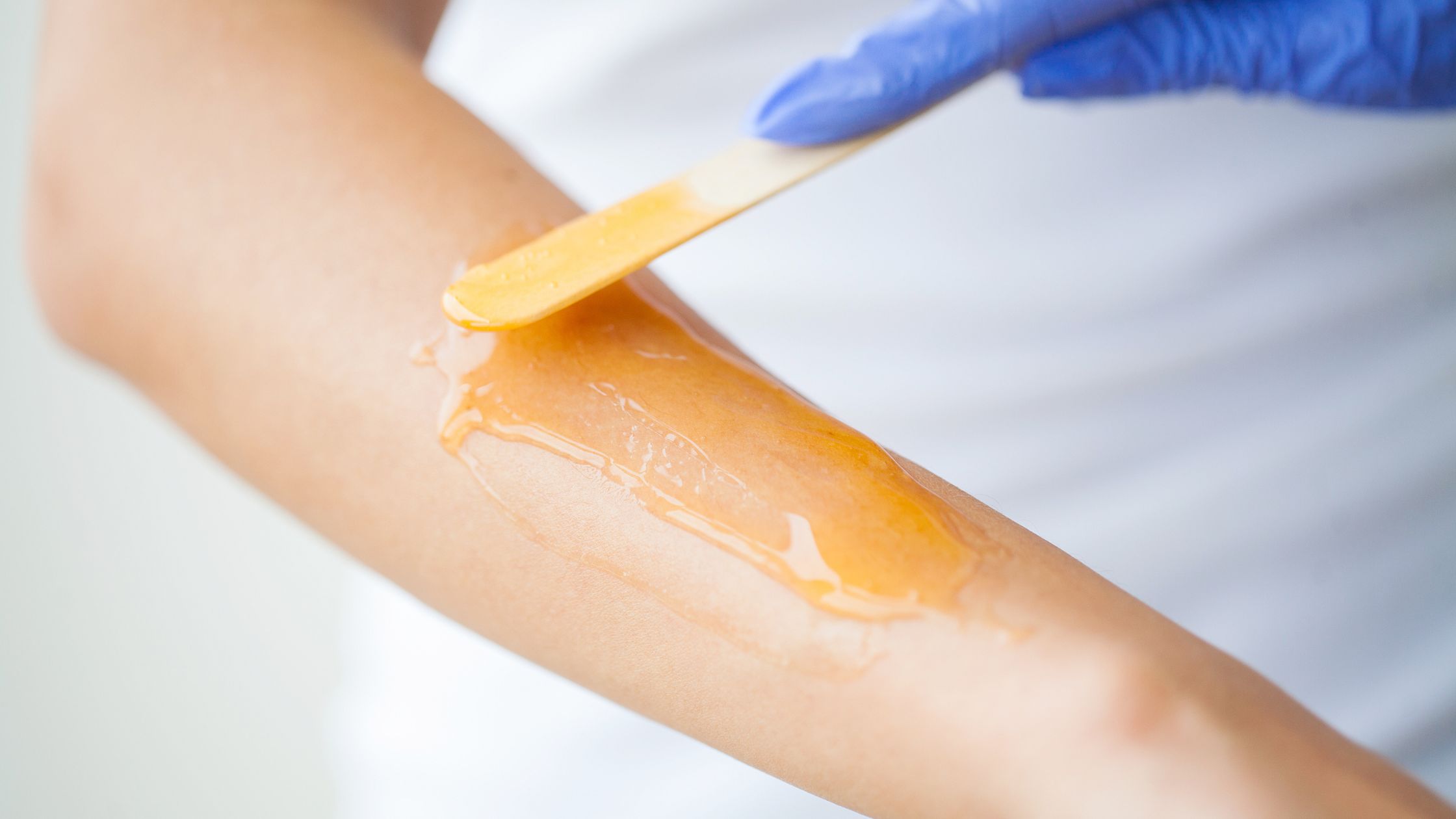- Skin is the largest organ of the body and constitutes around sixteen percent of total body mass.
- It protects your body against different types of infections.
- It helps regulate body temperature and stabilizes body processes such as homeostasis.
Now, here is something that most would not know –
Your own body’s immune system can attack your skin cells. Yes, you heard that right! This particular situation results in a condition called autoimmune skin disease. In this post, we will understand what an autoimmune skin disease is and its different types.
What is an autoimmune skin disease?
An autoimmune disease occurs typically when your body’s own immune system attacks the body. Normally, the immune system is designed to defend the body against harmful invaders such as bacteria, viruses, and other pathogens. However, in autoimmune diseases, the immune system becomes dysfunctional and begins to attack the body’s own cells. A typical autoimmune disease can affect any part of the body, such as joints, bones, tissues, and even the skin. The ones affecting the skin are called autoimmune skin diseases.
Types of autoimmune skin diseases
Here are the different types of autoimmune skin diseases –
Psoriasis
This is a common skin condition that you get when you have an overactive immune system. This chronic autoimmune disease is the result of fast-growing skin cells that form deposits on the skin. It ultimately results in scales that are in the form of red plaques surrounded by white patches of dead skin. The plaques of psoriasis can appear anywhere on the body including your scalp, elbow, lower back, or even the knees.
Scleroderma
This is one of the few autoimmune skin diseases that also affects other parts of the body. It could affect the blood vessels, muscles, heart, lungs, and kidneys. Also known as systemic sclerosis, this condition involves the hardening and tightening of the skin. This condition is pretty rare and has no known treatment. However, medical intervention by a trained dermatologist can help ease the symptoms and improve the quality of your life.
Behcet’s Disease
This is another rare disorder that is characterized by inflammation of the blood vessels all over your body. Interestingly, the symptoms of this autoimmune disease may seem unrelated at first. For instance, you could get mouth sores and eye inflammation along with skin rashes and lesions. The treatment for this condition involves medications that could reduce the symptoms and prevent serious conditions such as permanent blindness. The condition could be due to both generic and environmental factors. It has been found that certain types of viruses and bacteria can trigger Behcet’s disease in those who have certain genes that make them susceptible to Behcet’s.
Dermatitis Herpetiformis
This is one of the few autoimmune diseases that is easy to control. Why? Because it is triggered by the ingestion of gluten. So, all you need to do is stop consuming it. This autoimmune disease is characterized by extreme itchiness all over your body, often resulting in blisters after you consume gluten. The underlying cause of this disease is celiac disease, in which the small intestine produces the antibody immunoglobulin A that fights against certain enzymes deposited under the skin. This results in white blood cells attacking your skin, which ultimately results in skin flare-ups.
Dermatomyositis
Dermatomyositis is an autoimmune disease affecting both skin and muscle tissue. In rare cases, it could affect the lungs too. This disease is also known as amyopathic dermatomyositis (ADM). This disease can affect anyone at any age. However, it is most commonly found in adults in their 50s and 60s and children between 5 and 15 years of age. Classic symptoms of this disease include itchy and scaly rashes that appear on your face, sun-exposed skin, and joints, such as knuckles, elbows, and knees. It could also be accompanied by muscle weakness.
Lupus of the skin
Skin lupus typically causes redness, itching, and eventual scarring of your skin. The interesting thing about this disease is that it can occur by itself (known as cutaneous lupus) or be a part of lupus erythematosus, which affects most of your organs, including the kidney, heart, lungs, and brain. This disease is non-contagious but is developed due to genetic factors. Typical symptoms of lupus include rashes, sores, sensitivity to the sun, and hair loss.
Lichen Planus
Lichen planus usually affects the skin, hair, nails, mouth, and genitals. Its primary symptoms include purple, itchy, flat bumps that develop over several weeks. If this autoimmune condition affects your mouth, you will experience white patches, sometimes with painful sores. It typically does not need any treatment, but if the condition persists for a long time, you may need to visit a dermatologist. This disease is also not contagious but can affect anyone from any age group. This disease could be activated by Hepatitis C infection, pain-relieving medications, or an allergic reaction to the metal in dental fillings.
Pemphigus
In this autoimmune disease, your immune system starts attacking the healthy epidermis cells of your body. This disease is characterized by blisters and sores on your skin. It could also affect the various mucous membranes of your body, such as your mouth, eyes, nose, throat, and genitals. The blisters rupture with ease. This means you will experience open, oozing sores that may become infected if you get the disease. The disease is treated by topical medication with anti-inflammatory and immunosuppressant properties. Proper wound care is also important. Though manageable, it will take several months or even years of treatment to get completely better from this treatment.
Conclusion
Understanding the various types of autoimmune skin diseases is crucial for early diagnosis and effective management. Because these conditions can significantly impact one’s quality of life. Seeking expert guidance on time is important. If you are in Bangalore, you can consult with Dr.Renu Nair to manage your autoimmune skin diseases. With a wealth of experience and a reputation for delivering personalized and effective treatments, Dr. Renu can help you attain healthier and happier skin. Book an appointment today.












